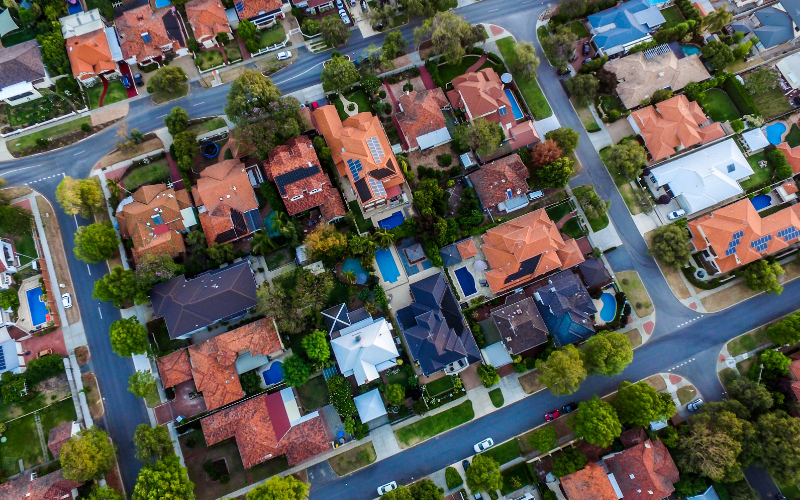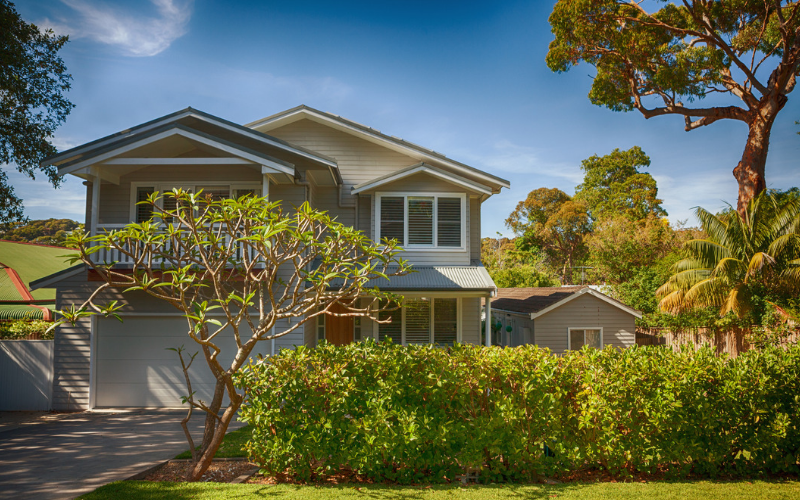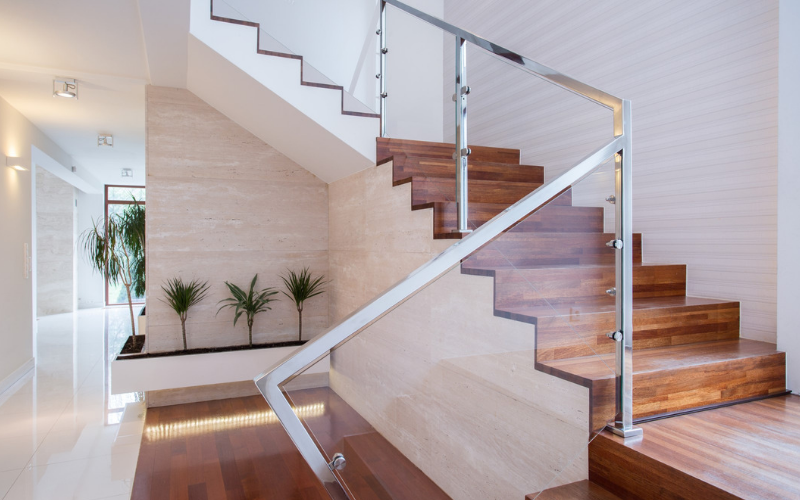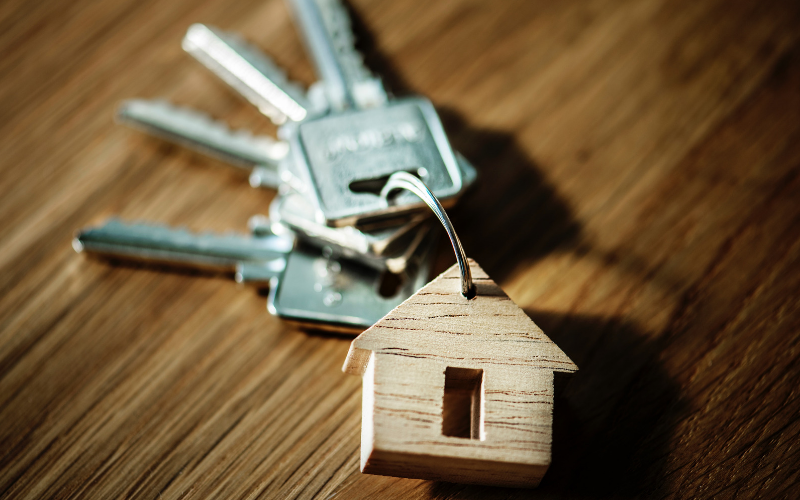For many first home buyers, cracking into the Sydney housing market can be extremely challenging and often means settling for a house that will meet some but not all of your needs. While a fixer-upper has its appeal, particularly if the asking price is significantly lower than other properties on the market, you should be aware of the best steps forward so that the result is a home you’re happy with without overstretching yourself financially. Here are Keystone’s 5 renovation tips for first home buyers.
1. LOCATION
Many first home buyers dream of buying their perfect house however it is almost always better value in the long run to follow the famous real estate saying and “buy the worst home on the best street block”. Unappealing tiles and outdated carpets can easily be rectified, however it’s important, particularly in older suburbs to do your homework first to check out if the house has more problematic issues like asbestos, rising damp or poor plumbing. An optimal location for your first home should be close to amenities such as shops, cafes, parks, public transport and good schools. Always look for the opportunity to buy something that is undervalued, so you have some money left in the bank to spend on significant renovations that are not just cosmetic in nature.

2. BUDGET
While many first home buyers are looking to purchase homes with renovation potential, the reality is that most of the time you are restricted by what you can reasonably afford. Before you purchase a house, be careful to consult with a renovation consultant so you can have an idea of what your outlays will be for your renovation plans. It’s fair to say that many people underestimate the costs of renovating, especially if there is structural work to be performed on a house. Your budget will also be impacted by how much of the house you are looking to renovate- is it a one or two rooms or the whole house? Are you thinking of expanding the footprint of the home or adding a second storey? A renovation consultant can help you to work out a realistic idea of how much your ideas are going to cost.

3. THINK ABOUT HOW TO ADD VALUE
You want to renovate your home so that it improves a property’s value but don’t want to overcapitalise. This is particularly important in a slowing housing market where prices are flatlining, it’s vital to invest in upgrades that pay off over the long term. For the best return on investment, adding a second storey will not only increase the value of your home by increasing the space within it, you can also add to your living experience by creating new views. An additional bedroom can add significant value to 3 bedroom home only if the existing living space is improved. First home buyers should do the research of the neighbourhood they are buying into through Domain and realestate.com.au to examine the price differences between 3 and 4 bedroom properties, as well as any price variations based on the number of bathrooms and parking arrangements.

4. INVEST IN THE EXTERIOR
First impressions do matter when it comes to attracting future home buyers in addition to bringing a smile to your face whenever you come home. Investing in exteriors doesn’t have to be an expensive exercise. You can try low-cost renovations such as updating a neglected street front fence, installing new windows or applying a fresh coat of paint on a worn-out home facade. If you are looking for something more dramatic, consider adding an entrance way by building a new patio or decking and installing a custom front door for a stunning focal point.

5. GO UPWARDS
Nothing beats adding value to a home than building a second storey addition. If you’ve needed to make sacrifices to get into the market and the result isn’t a home with enough space, either now or in the long term then adding a second storey may be the solution you’re looking for. Extending upwards does require adding extra weight to the existing house and some older style slab homes are not structurally built to handle the added weight or practically add a stairway which is something you’ll need to investigate fully before signing a contract of sale. If you know that a second storey addition is something you want to undertake, it’s always best to engage a qualified building inspector, surveyor or architect to provide a professional building inspection report to ensure it’s practical before you commit.

Looking to buy your first home to renovate? Maybe you have even purchased your home and are thinking of ways to expand the living area. At Keystone Building Services we specialise in building second storey additions, so get in touch today to find out how we can help you turn your first home into the home of your dreams.

